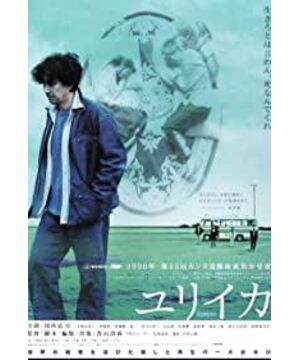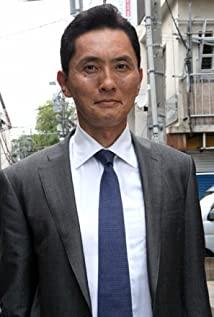Dad! Mom! The man who kidnapped the bus! Naoki! Akihiko! Mr. Miwai! Kazue!
In fact, the world is not as vast as imagined, but the world has depth, or in other words, there is an existence beyond the limitations of three-dimensional space. Such a few people are enough to form a heaven. (Because man is a collection of God!) (Past-Harm-Protect-Future-Hope) (Like Dickinson's room, she sailed with God) Take the bus away, escape not the names, they are locked in as memories in mind. On the way these names were revealed, and on the way to escape in a hurry, they shed the figure of the leader, so freedom returned. Or they deform.
First in the stationary house, later on the bus trip, people are moving absolutely but not relative to the rest of the people in the bus, which is interesting. Gradually getting out of the bus one by one, it was only then that fate was promoted.
Long shot, night. Shinji Aoyama made the night of sin into a night where the silence of human nature was broken and joined together. Everyone's tremors were as huge as thunder, which was amazing. Under the seemingly unobstructed lens, people know that there is sin, and people are immersed in the absence of sin. It's a fable: Miwajing and Naoki ride around in circles, questioning whether to surrender or kill. A bit of a saint. "You don't have to live, but don't die either." Can you survive until the day you're ready to live? What a day it should be.
The policeman (when he sees Uncle, he still gets hungry...) insists that Mitsui will go bad, but no, Naoki is the one who goes bad. Naoki didn't go bad either, he was driven mad by the shadows. When Qiuyan took pictures noisily, he would raise his head. He will order sushi for Mitsui. So, how much do we know about going bad? How much do we know about the night? Generally speaking, I hate the scene of tearful confession. When we need evil purely for beauty and love, we also need the fragile evil of the madman. What we need more is that "I will protect him even if I die" is like protecting ourselves. We are pulled spontaneously between rational life and absurd death. We are stared at, followed. So this film is a record of humanity's attempt to repair itself in a fake Eden, an existential gesture that smiles absurdly under a brown-toned image of deception. I hope it has no past and no future, and everything ends at the moment when Kazue EUREKA! All names are called out and all pubic bones are buried in a false epiphany of light. Then everything pixel collapses and rebuilds, from the original scene.
The above is the content of my over-interpretation of self-impression. I don't know what triggered the thought, maybe it was the damn quiet.
View more about Eureka reviews











